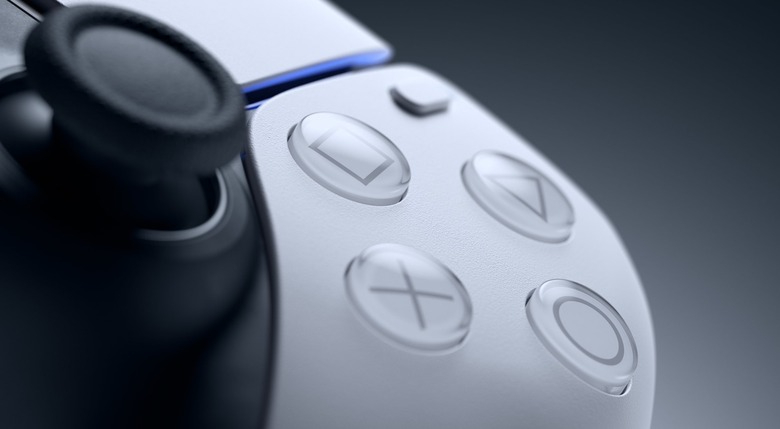PlayStation 6 Chip Leak Points To Backward Compatibility
It hasn't even been a week since Sony announced the PS5 Pro, but the PS6 leaks have begun popping up online. Reuters reports that Intel was in talks with Sony for a contract to design and fabricate the chips for the PlayStation 6 but ended up losing out to AMD.
According to the report, Intel and AMD were the last two contenders competing for the contract. AMD designed the custom chips that Sony uses in the PS5 (and PS5 Pro), but this would have been a major win for Intel, which is looking to grow its budding contract manufacturing business. That contract "would have amounted to billions of dollars of revenue and fabricating thousands of silicon wafers a month," two sources told Reuters.
While a dispute over the profit Intel would take home from each chip sold to Sony contributed to AMD's victory, backward compatibility also played a part.
Backward compatibility—the ability to play older games from previous generations on the latest hardware—has long been a priority for PlayStation. Not only can the PS5 play every digital and physical PS4 game, but the company has also brought dozens of classic PS1, PS2, and PS3 games to the PS5 through its PlayStation Plus subscription service.
Intel and Sony engineers and executives reportedly discussed the risks associated with using a new chipset. "Ensuring backward compatibility with prior versions of the PlayStation would have been costly and required engineering resources," the report notes.
"We strongly disagree with this characterization but are not going to comment about any current or potential customer conversations," an Intel spokesperson said in response. "We have a very healthy customer pipeline across our product and foundry businesses, and we are squarely focused on innovating to meet their needs."
Whatever the case, it's nice to know that Sony seemingly is prioritizing backward compatibility once again for its next console generation.
